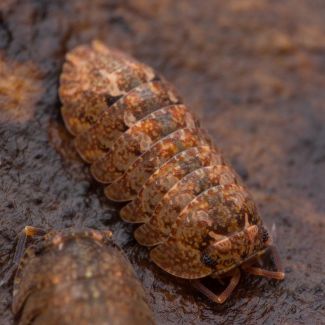Difference between revisions of "Cubaris marmorata"
Jump to navigation
Jump to search
| Line 5: | Line 5: | ||
| Originator = | | Originator = | ||
| Year = | | Year = | ||
| Market(s) = | | Market(s) = AU | ||
| Varieties = | | Varieties = | ||
| Price = | | Price = | ||
Revision as of 21:06, 22 March 2023
Cubaris marmorata is a species of armadillid.
General Information
Background
Most species grouped under Cubaris are very poorly known. Unfortunately, this is one such animal.
Description
Cubaris marmorata is lacking a detailed outline of its appearance, behavior, and other individual characters.
Taxonomy
Taxonomic characters of Cubaris marmorata are:
- Its suborder is Oniscidea, which means it is fundamentally characterized by a number of key adaptations to terrestrial life.
- Its zoosection is Crinocheta, which means it belongs to the largest individual lineage of terrestrial isopods, typically unified by the presence of three (or sometimes 4) flagellomeres.
- Its family is Armadillidae, which means it is a conglobating isopod with five pairs of pleopodal lungs, a more convex body, and average to short antennae.
- Its genus is Cubaris, a broadly defined (wastebin) taxon within which most undescribed armadillids are grouped.
Morphology
Life Stages
| Manca | ||
|---|---|---|
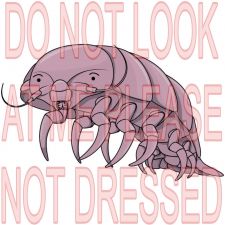
|
||
| Notes: | Following birth, pereonite 7 not fully developed. | |
| Credit: | N/A | |
| Juvenile | ||
|---|---|---|
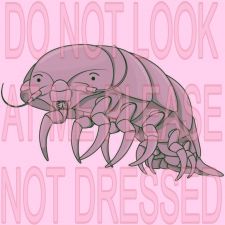
|
||
| Notes: | N/A | |
| Credit: | N/A | |
| Subadult | ||
|---|---|---|
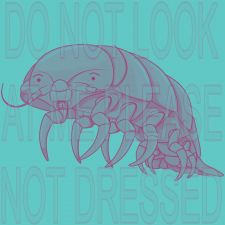
|
||
| Notes: | N/A | |
| Credit: | N/A | |
| Adult | ||
|---|---|---|
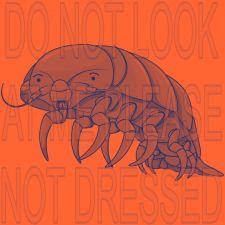
|
||
| Notes: | Adult size. | |
| Credit: | N/A | |
Key Features
Morphological reference images for Cubaris marmorata:
| Antennal flagellum | ||
|---|---|---|
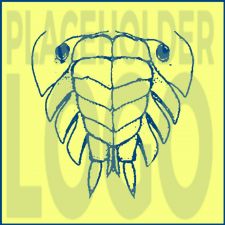
|
||
| Notes: | Antennal flagellum | |
| Credit: | N/A | |
| Telson | ||
|---|---|---|
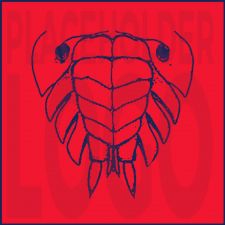
|
||
| Notes: | Telsons are cool. | |
| Credit: | N/A | |
| Pleopodal lungs | ||
|---|---|---|
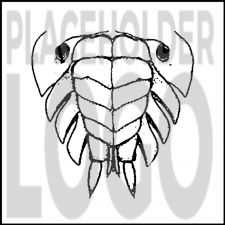
|
||
| Notes: | This species has five pairs of pleopodal lungs. | |
| Credit: | N/A | |
Varieties
| Name | Type | In Hobby | Originator | Market(s) | Notes |
|---|---|---|---|---|---|
| Cubaris | Nominate | Yes | ? | SEa | Canonical variety. |
Care Guide
This species is uncommon and rarely kept. Care information is not readily available.
